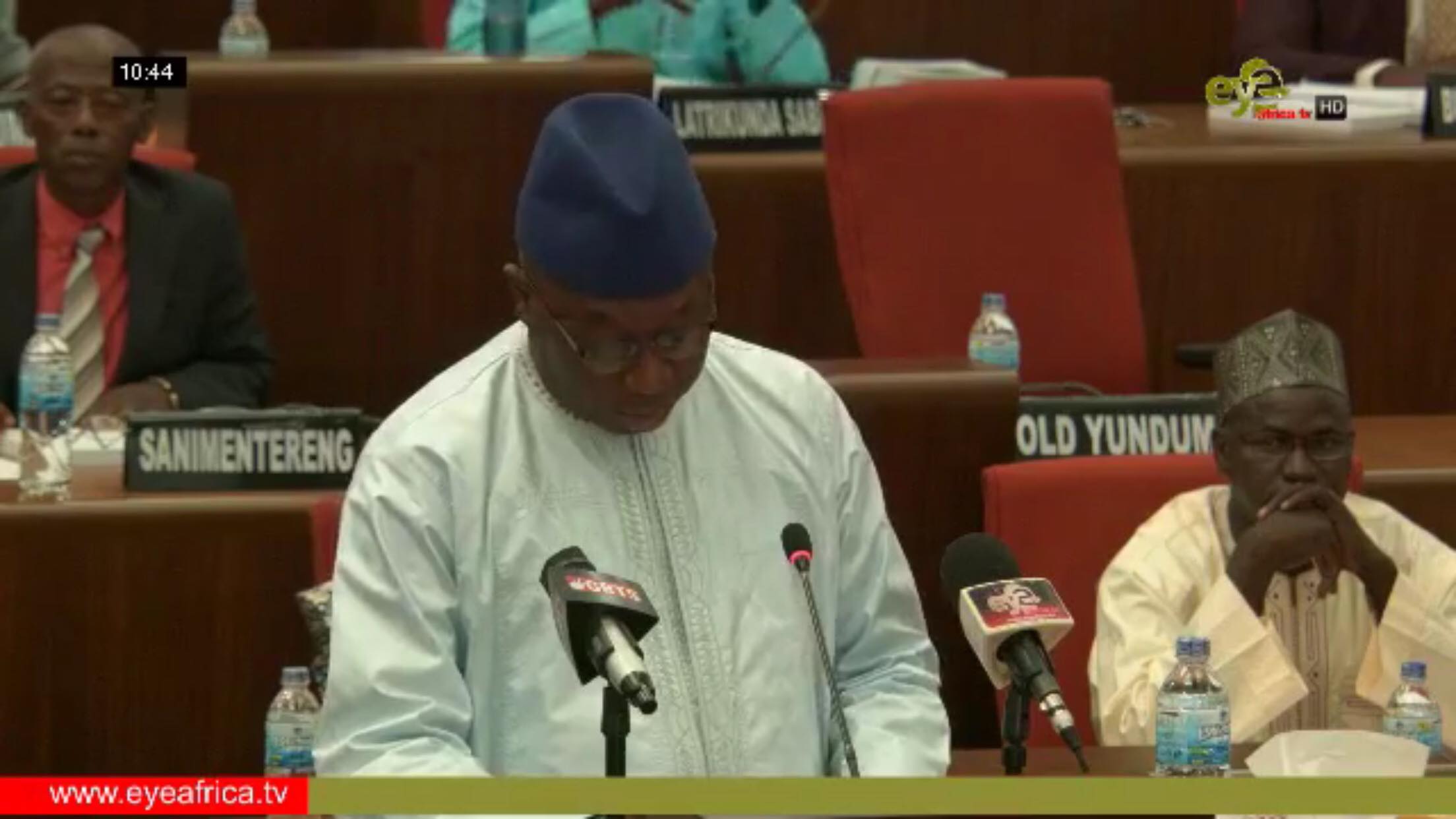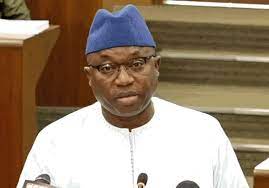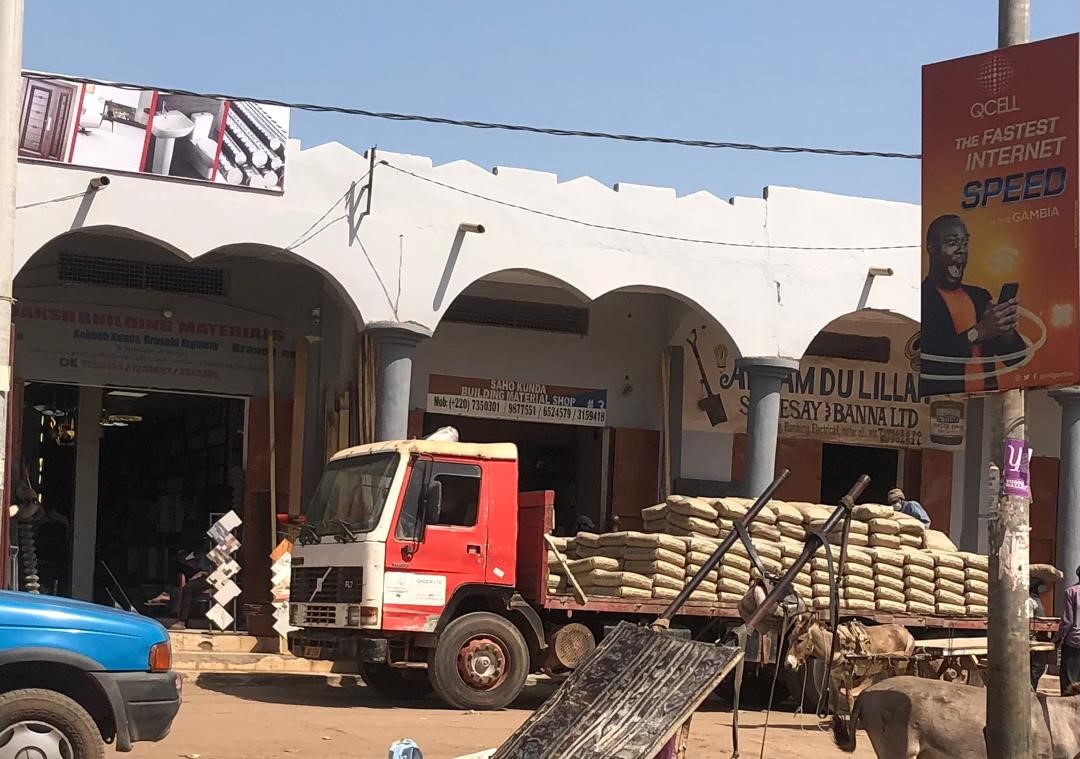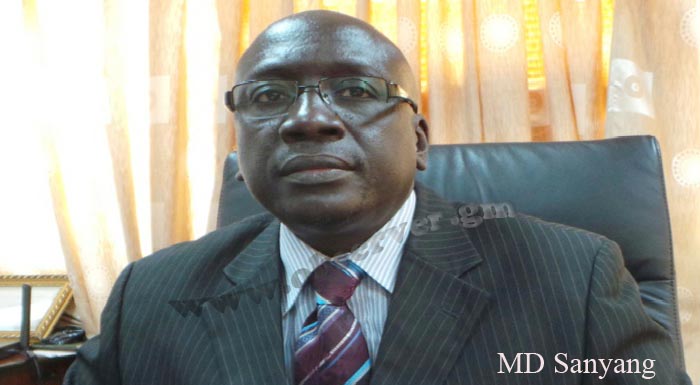Written by: Morro Gaye
Isn’t It Time To Start Selling Government Assets To Bridge The Financing Gap Instead of Acquiring More And More Debts?
When governments are broke and highly consumed in debts, the best thing to do is to start selling its Assets. The economy is on the brink of bankruptcy as a result of the lack of budget support from our development partners, EU and the World Bank. The 2020 Draft Estimates of Revenue and Expenditure submitted by the finance minister on November 18, 2019 failed to highlight any budget support from our traditional development partners since 2017.
Failure to secure funding for the estimated at D5,6 bn needed to finance the deficit, could mean more domestic borrowing in the coming year. Already D9.48bn is needed to be spent on debt servicing in 2020. But taking more debts to service existing debts have economic consequences for job creation, maintaining macro-economic stability and putting unnecessary pressures on prices of essential commodities and foreign exchange market.
Analysis of the key numbers from the budget 2020 as submitted by the finance minister follows:
| 2019 | 2020 | Difference | Remarks | |
| 1. GDP | 6.5% | 4% | 1.5%(Decreased) | Delayed rains, collapse Thomascook |
| 2. Budgeted Rev. | D25bn | D 24.4bn | D1.6bn(Decreased) | Setback in Agric/Service sector |
| 3. Total Exp+Net lending | D28.825bn | D30.048bn | D1.223bn (Increased 4%) | Increase in Debt Interest, Emoluments etc. |
| 4. Budget Deficit | (D3.825bn) | (D5.648bn) | D1,823bn | Deficit increase |
| 5. Debt Interest payment | D2.702bn | D4.648bn | D1.946bn (Increased 72%) | Mostly rise in domestic debts |
| 6. Non-Interest Expenditure | D20.064bn | D18.206bn | (D1.858bn)Decreased by 9,2% | Fiscal consolidation |
| 7. Domestic Borrowing | D3.9bn | D5.6bn | D1.7bn (Increased by 221%) | Significant Increase in Borrowing |
Source: MOFEA
The euphoria that swept the coalition 2016 to power would have lasted long enough if we were able to reverse some of the mistakes of the past government. Some of the many state-owned enterprises that continue to drain government finances and can no longer fulfill their financial obligations, should be disposed of in 2020 either partially or outright sale to private investors. This will serve the public interest and help government to raise sufficient revenues to close the deficit and divert necessary resources for poverty eradication. Significant tax revenues in the form of corporate tax, VAT, and Dividend payments could be realized as a regular yearly payments from these SOEs.
A weak budget is a symptom of a fragile economy. Relying on EU and World Bank support to close the widening budget currently estimated at D5.6 bn gap when actually we failed to meet some of the development targets set by the Bank, makes it necessary to highlight and prioritize the current domestic debt levels. If we continue to bite more than what we can chew, our ailing economy will soon be moved to intensive care. The year 2020 will be a defining year in terms financing the deficit domestic borrowing.





